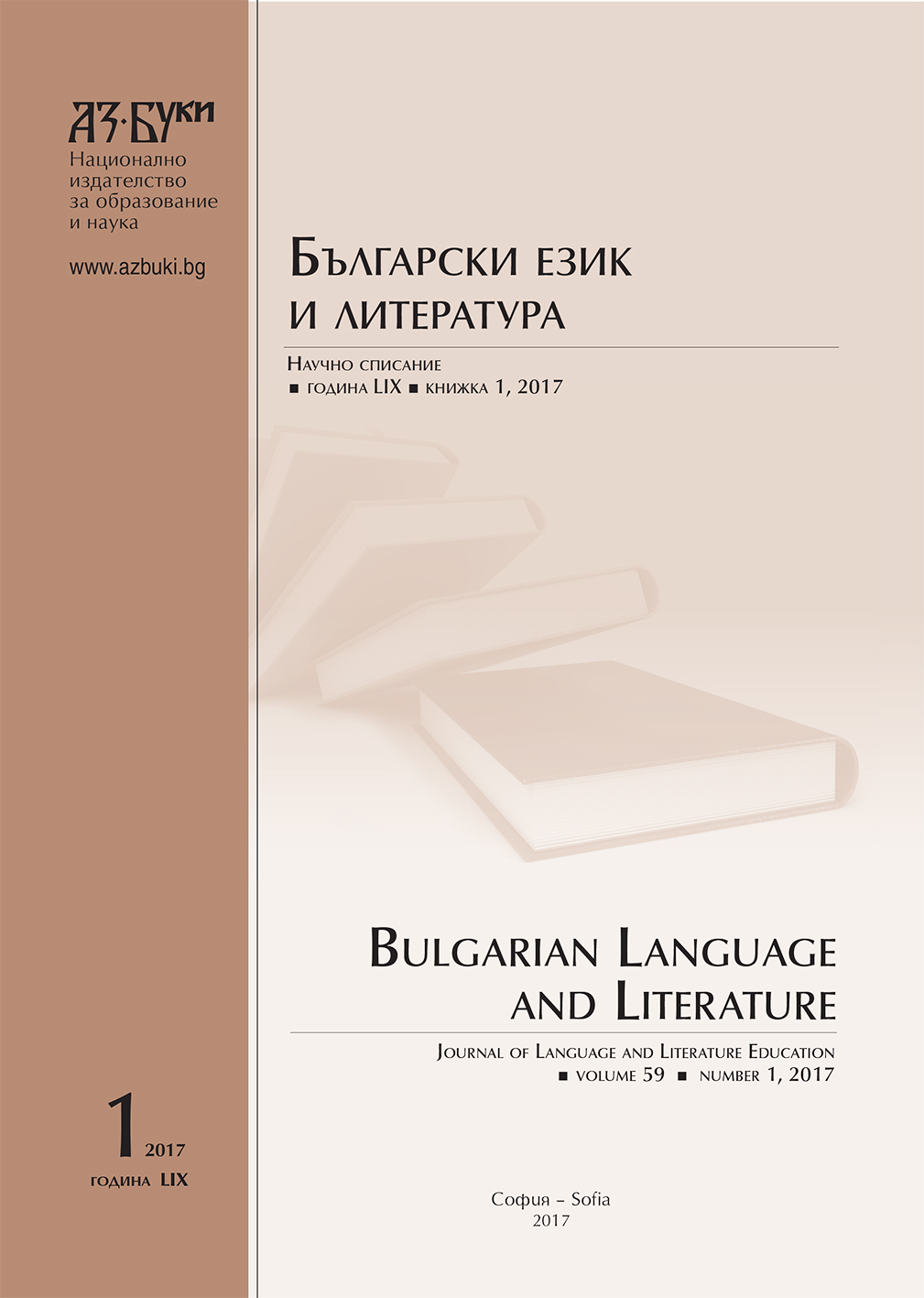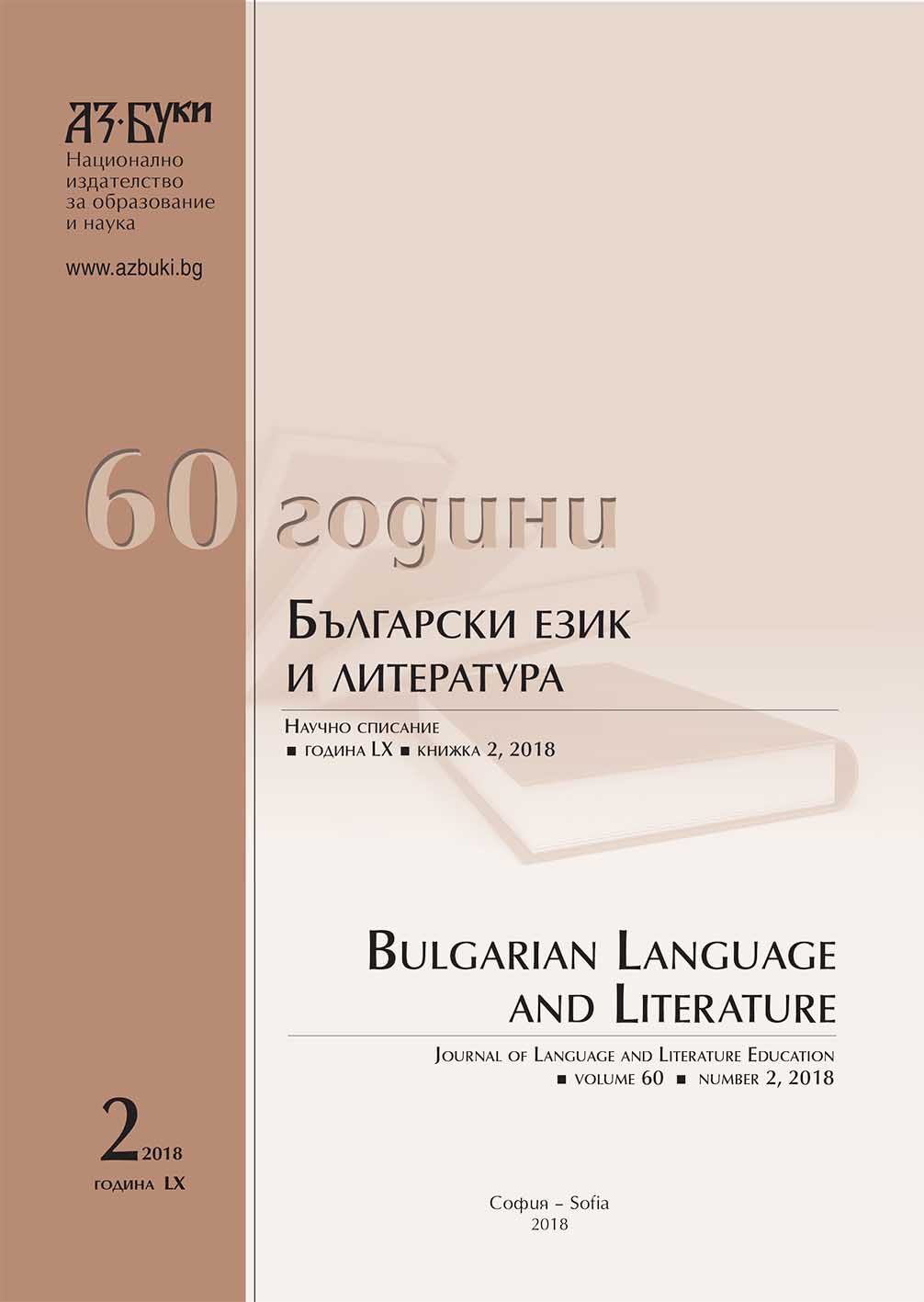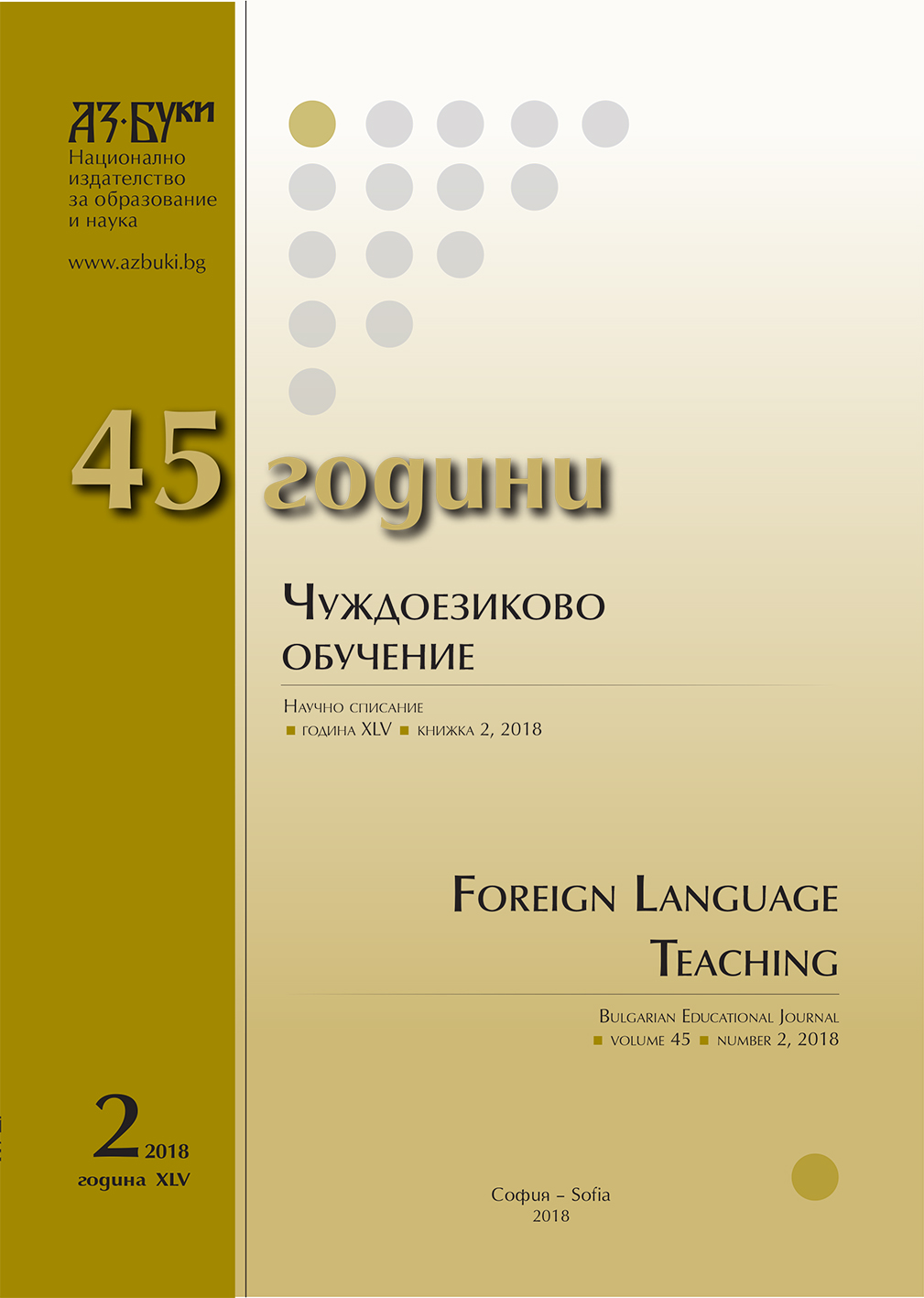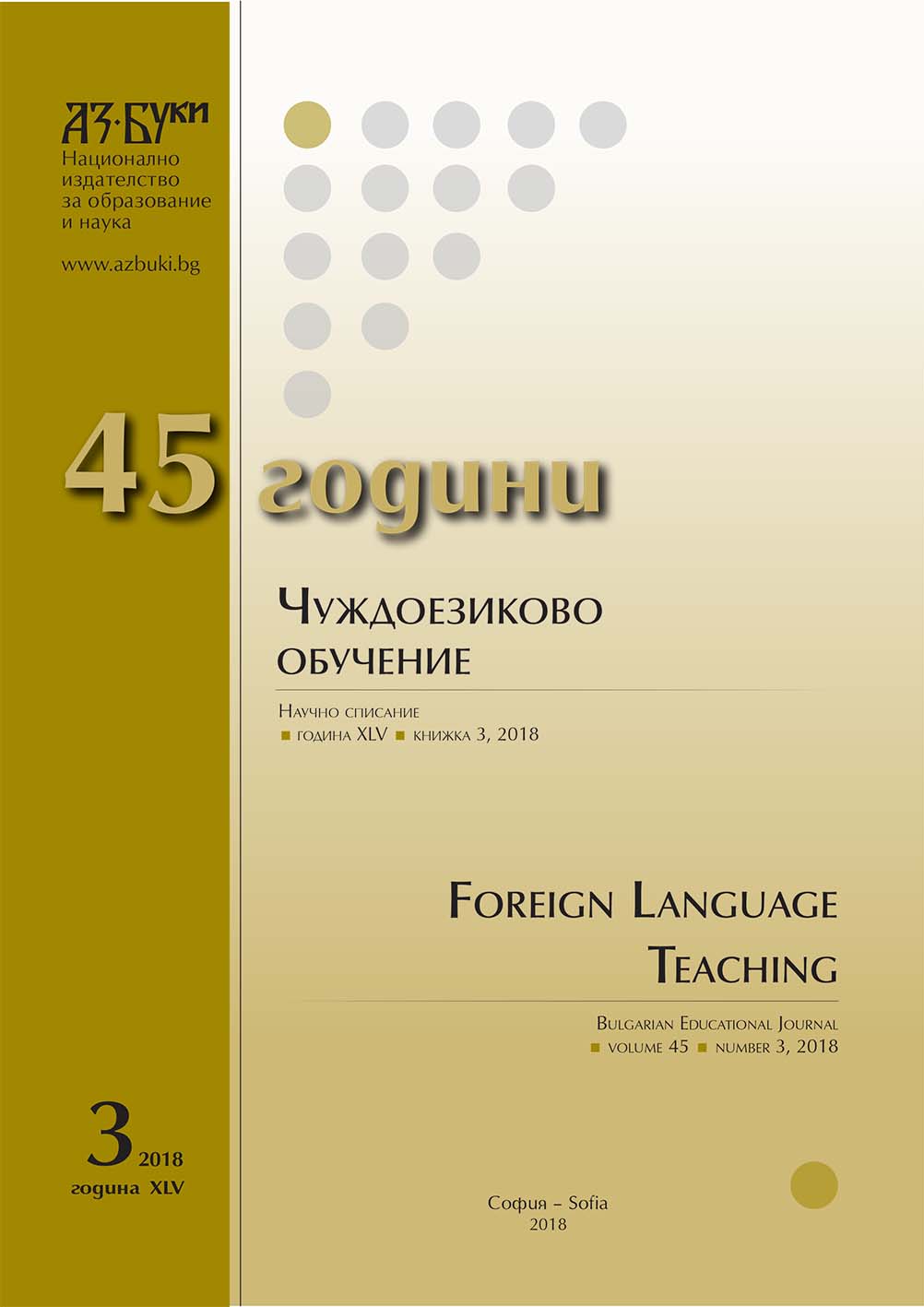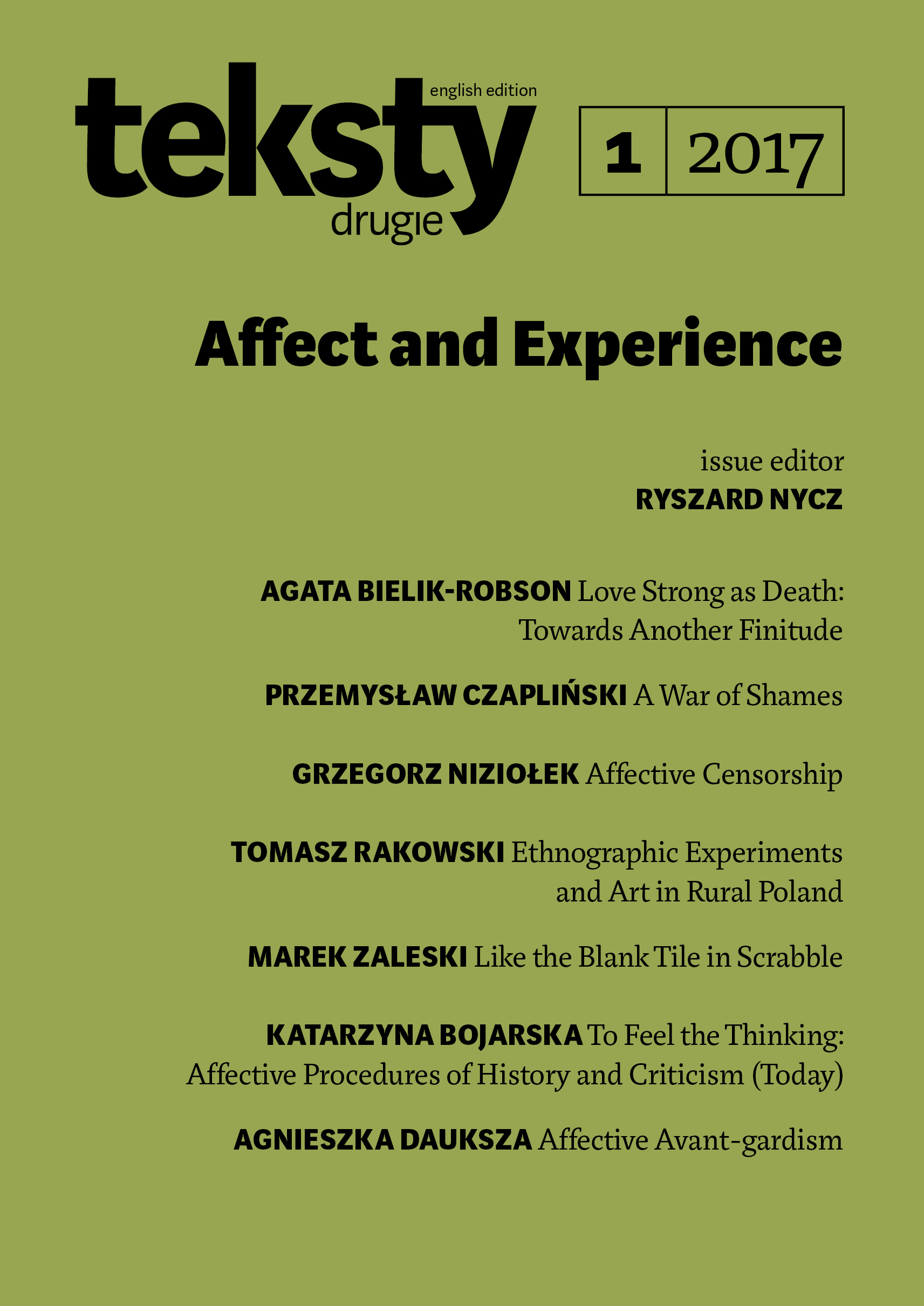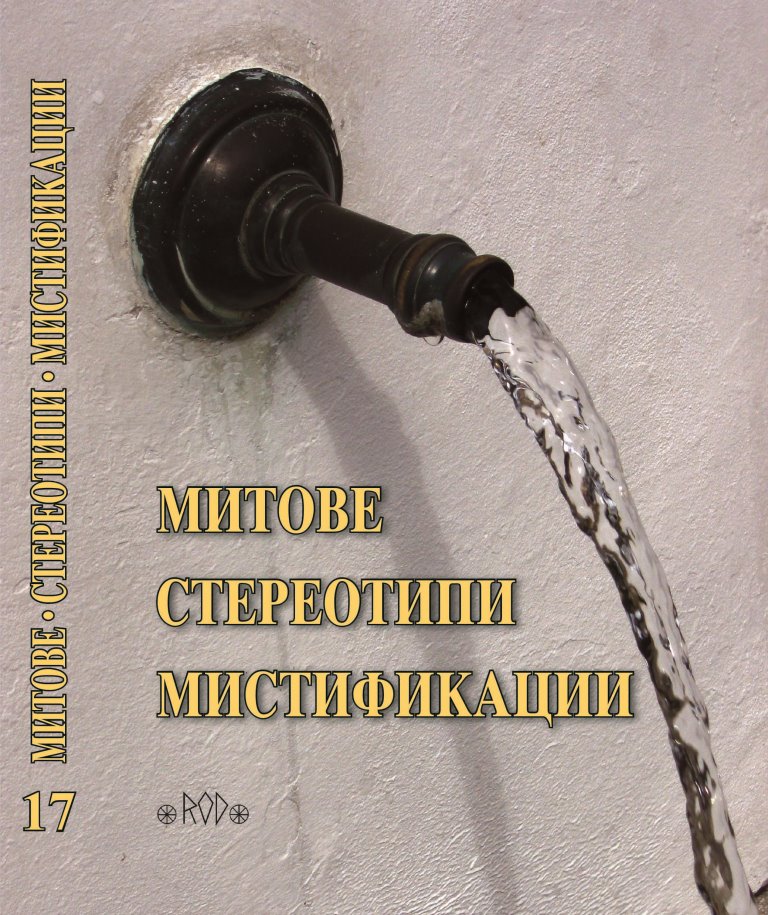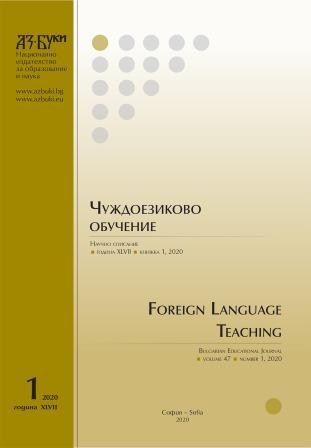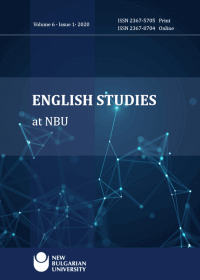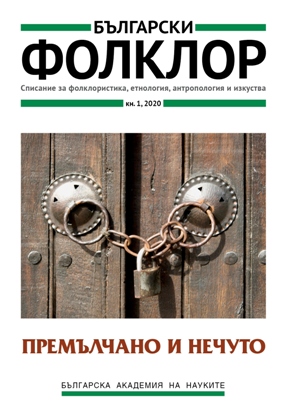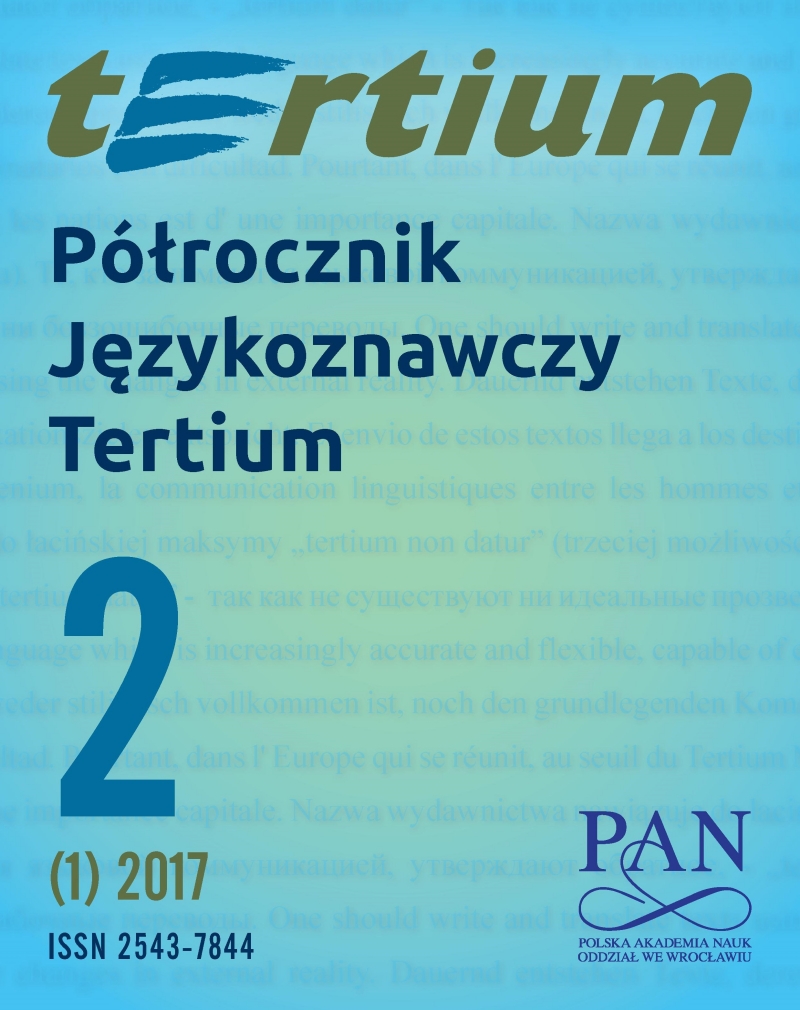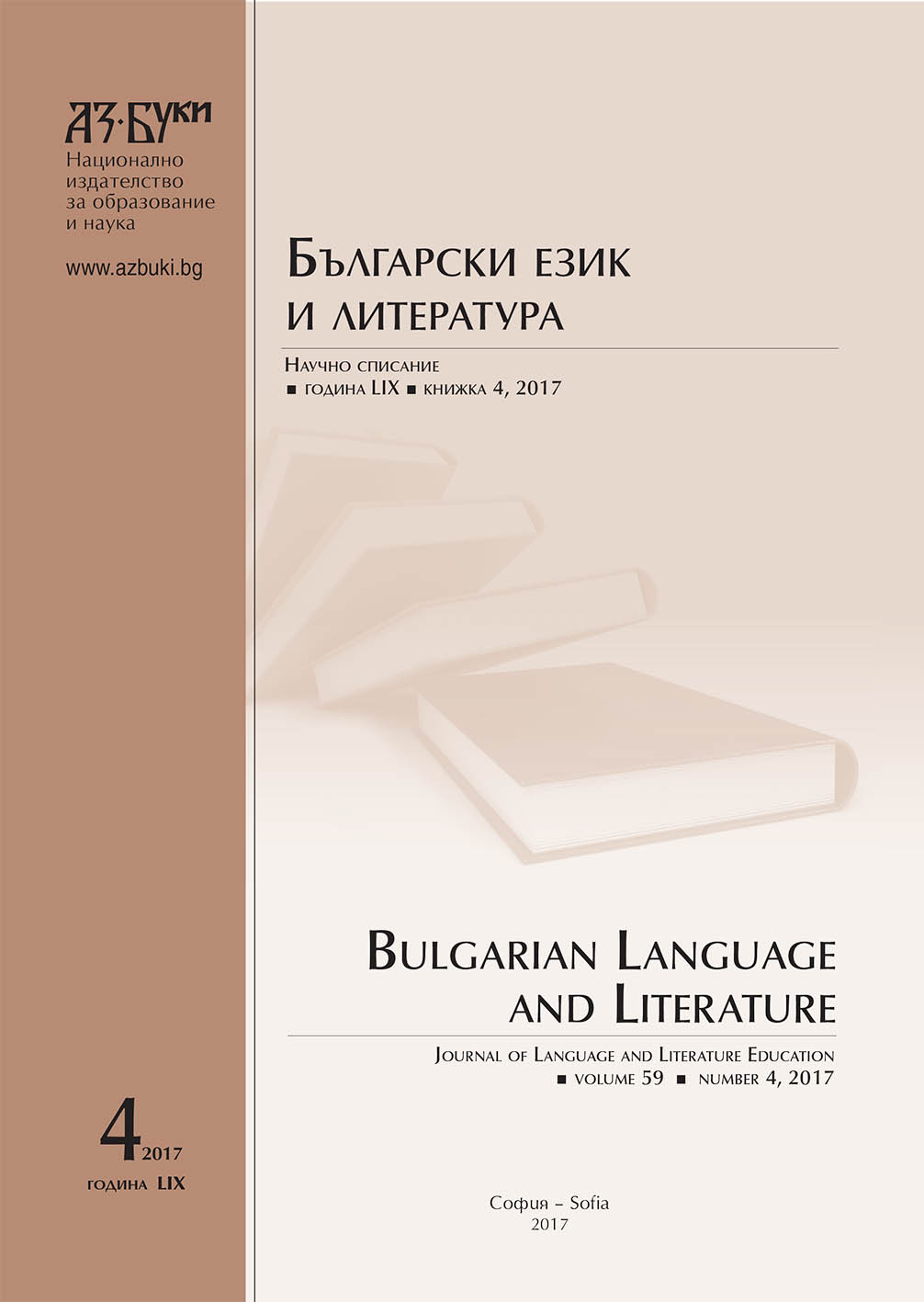
Наречието в „Словарь болгарскаго языка по памятникамъ народной словесности и произведенiямъ новѣйшей печати“ на Александър Дювернуа
The article analyses the adverb in the first Bulgarian dictionary – „Slovary bolagrskogo yazika…“ (1885 – 1889) by the russian scientist Alexander Duvernois. For this purpose are used descriptive, comparative-historical and statistical methods. Article, focused on the adverb, is presented – key word, grammatical qualifier (notes), explanatory part and illustrations. Adverbs in the dictionary are classified according to their construction (simple, сompound, derivational) and origin (from adjectives, nouns, verbs, numerals). Different types of pronominal adverbs (interrogative, relative, indefinite, negative, summary and demonstrative) are reviewed.
More...
